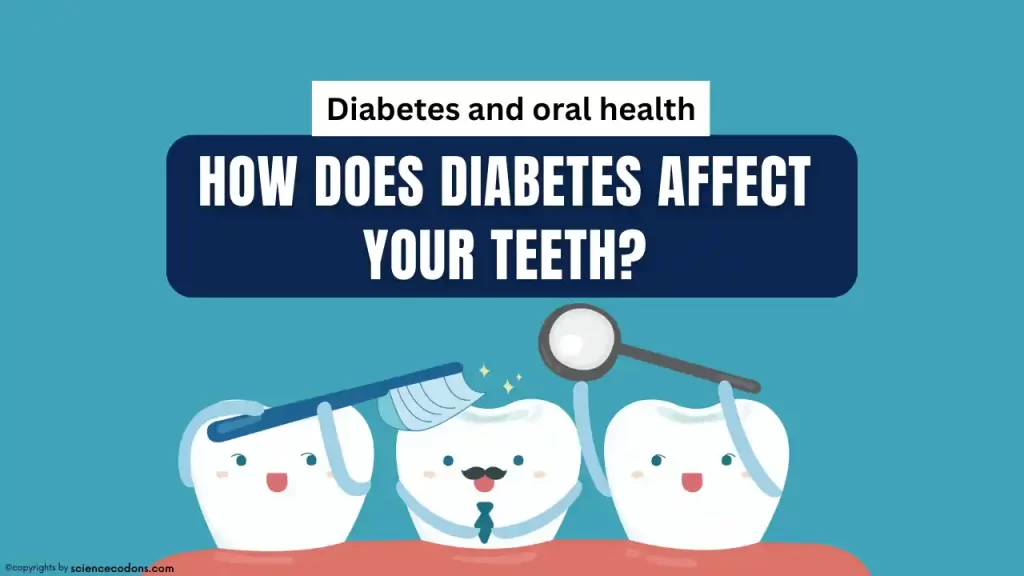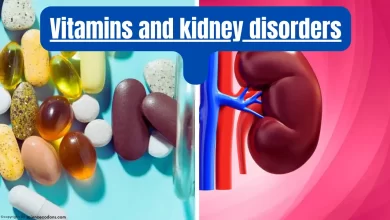
Diabetes and oral health may seem like separate concerns, but the truth is People with diabetes are more susceptible to dental and gum diseases. Statistics show that gum disease is three times more common in people with diabetes than in healthy individuals. 70% of people with diabetes over the age of 40 suffer from root infections and chronic gum infections. This is because diabetes can reduce the resistance of the tissues surrounding the teeth (gums and bones) to microbial activities due to disrupting the body’s immune cell responses.
Diabetes and oral health
Of course, changes in the soft and bony tissues around the teeth also create a favorable environment. In addition to diabetes itself, local stimuli play a sensitive and special role in creating oral and dental diseases. Local stimuli refer to dental plaques, food debris, saliva compounds, and mouth microbes.
If these dental plaques are not removed daily from the teeth and gums, they will become harder over time due to the gradual deposition of mineral substances on them. So they become stone-like and can no longer be removed with a toothbrush. This is called dental calculus.
These calculi cause bleeding and inflammation of the gums and the accumulation of microbes in the plaques. As a result, the secretion of toxic substances due to microbes causes more severe damage.
Diabetic patients are more susceptible to oral health problems:
- Cavities
- Dry mouth
- Thrush
- Gum disease
NOTE: the relationship between diabetes and oral health is a two-way street. Uncontrolled oral health problems can worsen diabetes management:
- Gum disease can elevate blood sugar levels, making it harder to control diabetes.
- Oral infections can increase inflammation throughout the body, further impairing insulin sensitivity.
Diabetes mouth symptoms
Some symptoms observed in the mouth of people with diabetes include: cracks in the corners of the lips due to decreased salivary secretion and dry mouth, severe redness of the oral mucosa, and a burning sensation.
| Symptom | Description |
|---|---|
| Burning sensation | A burning sensation in the mouth or tongue |
| Enlargement of parotid salivary glands | Swelling of the parotid salivary glands |
| Diminished salivary flow | Reduced production of saliva |
| Infections | Sores or infections in the mouth |
| Pain | Pain in the mouth |
| Rough tongue | The tongue feels rough and dry |
| Cracked lips | Lips are dry and cracked |
Early diagnosis of gum tissue inflammation is also very important. However, gum inflammation is a known complication of diabetes. People with diabetes who take good oral and dental health care are not at risk of developing this type of oral inflammation.
Since diabetes exists in patients for years before diagnosis, dentists can also identify warning signs of diabetes in patients and refer them to specialists for prevention and treatment.
Remember, a healthy smile is not just about aesthetics; it’s a window to your overall well-being. By prioritizing oral health and working closely with your healthcare team, you can effectively manage diabetes and maintain a bright, healthy smile.
Additional Tips:
- Dry mouth can be alleviated by using sugar-free lozenges, sipping water throughout the day, and discussing
- saliva-stimulating medications with your doctor.
- Diabetic-friendly mouthwashes can help control bacteria and freshen your breath.
- Don’t hesitate to consult your dentist or healthcare provider if you experience any oral health concerns.
Reference:
Diabetes, Gum Disease, & Other Dental Problems – NIDDK (nih.gov)










